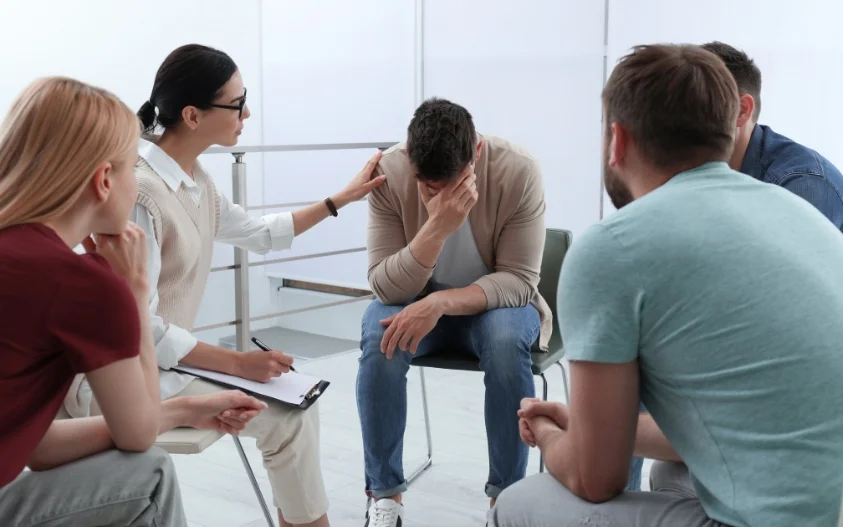24/7 Helpline:
(866) 899-221924/7 Helpline:
(866) 899-2219
Learn more about PTSD Rehab centers in Montezuma County

Other Insurance Options

PHCS Network

ComPsych

Choice Care Network

Private insurance

Molina Healthcare

Premera

Oxford

Regence

Health Net

BlueCross

UnitedHealth Group

American Behavioral
Beacon

WellPoint

Group Health Incorporated

Magellan Health

Magellan

Amerigroup

Highmark

Anthem

The Recovery Center
The Recovery Center is a non-profit rehab located in Cortez, Colorado. The Recovery Center specializ...

1st Alliance Treatment Services
1st Alliance Treatment Services is located in Cortez, Colorado. 1st Alliance Treatment Services prov...

Misfit Addiction Counseling
Misfit Addiction Counseling is a public rehab located in Cortez, Colorado. Misfit Addiction Counseli...














































